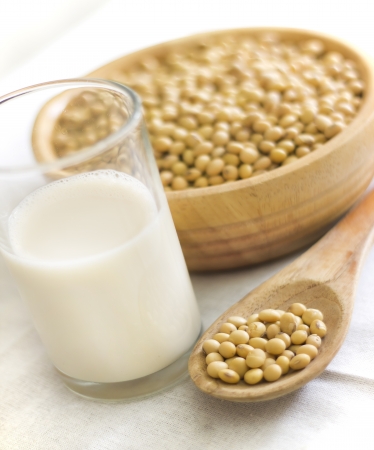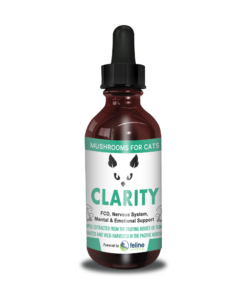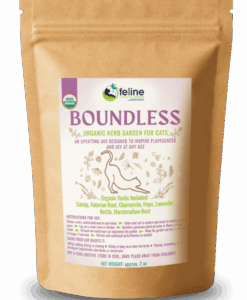The American soy industry spends over $80 million per year promoting soy consumption all over the globe. Mass marketing has driven the popularity of soy products, while clever advertisements tout the benefits of soy consumption. Only recently has it been disclosed that there is next to no non GMO soy produced – and that there are health risks associated with consuming genetically modified soy. This does not bode well for us humans – or our cats.
Since research shows that well over 90% of soy grown in the US is genetically modified, we need to take a closer look at our cats’ foods. Soy is an inexpensive way for pet food companies to increase the protein count in the foods they manufacture. There is no federal regulation of this, even though most all soy in pet foods is GMO and treated with pesticides. Finding a reputable source of non GMO soy is essentially impossible these days.
Last year I wrote an article on why cats should not have soy, which included a personal confession: feeding our cats soy supplements – something we now very much regret. Not only are cats unable to digest soy, the long term health defects that soy causes in our cats can (as in my case) be irreversible.
According to the research, soy consumption in cats will cause digestive issues, thyroid damage, allergies, inflammation, increased blood sugar levels… the list goes on. We are doing so much injustice to our kitties by allowing them to eat foods or supplements that contain soy. Even if you’re able to find 100% organic, non GMO soy, the digestibility of soy for cats will always be a problem.
Here’s the deal. Cats are obligate carnivores (which means “by necessity”). They need animal protein to live the long and healthy lives they deserve. If your cat food contains a protein source like soy, take it back and ask for a refund.
BUT BE INFORMED OF THE SOY ALIASES:
Because of the recent research regarding the lack of non GMO soy and the lack of regulation on pet foods, food companies are able to disguise the term “soy” into many different terms. That among (some of) these are: vegetable broth, textured vegetable protein, textured vegetable protein, lecithin (from soybeans), TSF (textured soy flour), tofu and vegetable protein.
So read the ingredients in your cat’s food. If you are confused by the list, it’s probably not a good food. If it lists any of the ingredients above, it’s time to switch brands. Don’t let the big money-making companies to abbreviate the long, healthy and happy lives our cats can live. Be a proactive cat parent. And reach out to us anytime you have questions!





Recent Comments